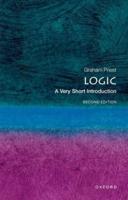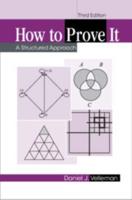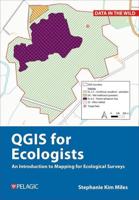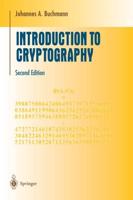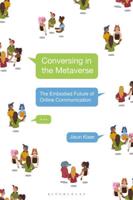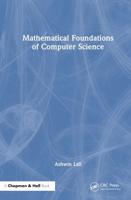Publisher's Synopsis
In the last years, it was observed an increasing interest of computer scientists in the structure of biological molecules and the way how they can be manipulated in vitro in order to define theoretical models of computation based on genetic engineering tools. Along the same lines, a parallel interest is growing regarding the process of evolution of living organisms. Much of the current data for genomes are expressed in the form of maps which are now becoming available and permit the study of the evolution of organisms at the scale of genome for the first time. On the other hand, there is an active trend nowadays throughout the field of computational biology toward abstracted, hierarchical views of biological sequences, which is very much in the spirit of computational linguistics. In the last decades, results and methods in the field of formal language theory that might be applied to the description of biological sequences were pointed out.



